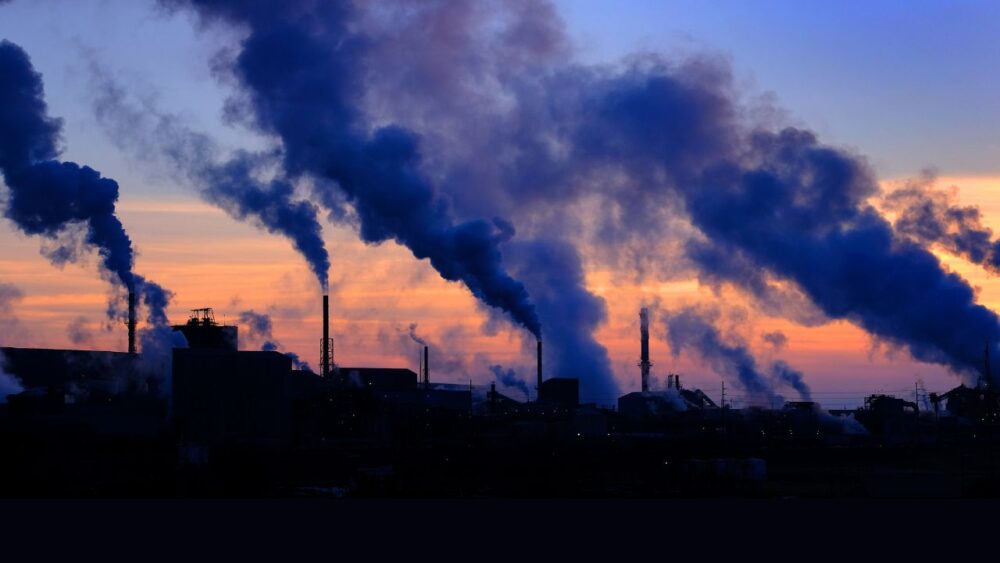The U.S. Department of Justice has launched an investigation against the states of New York, Vermont, Michigan, and Hawaii, challenging what it describes as “unconstitutional efforts” to harm the fossil fuel industry under a vague banner of “climate control” initiatives.
In a series of federal lawsuits filed earlier this month, the DOJ argued that these four states are trying to expand their authority and control by targeting energy companies in lawsuits connected to climate change strategies.
The legal pressure from the DOJ follows a recent executive order from President Donald Trump, Protecting American Energy From State Overreach, calling on federal agencies to dismantle what he called ideologically motivated state overreach in the energy field.
“These burdensome and ideologically motivated laws and lawsuits threaten American energy independence and our country’s economic and national security,” Attorney General Pamela Bondi said.”The Department of Justice is working to ‘Unleash American Energy’ by stopping these illegitimate impediments to the production of affordable, reliable energy that Americans deserve.”
The Justice Department has taken issue with what it calls “climate superfund laws” passed specifically by New York and Vermont. These laws impose some strict liability regulations on any companies connected to fossil fuels. According to the DOJ, the New York laws, in particular, take up to $75 billion in damages from energy firms. Vermont’s statute does not specify an amount but carries similar legal costs.
“When states seek to regulate energy beyond their constitutional or statutory authority, they harm the country’s ability to produce energy and they aid our adversaries,” said Acting Assistant Attorney General Adam Gustafson of the DOJ’s Environment and Natural Resources Division. “The Department’s filings seek to protect Americans from unlawful state overreach that would threaten energy independence critical to the wellbeing and security of all Americans.”
In other plans, the DOJ is also trying to block planned climate-related lawsuits from Michigan and Hawaii.
Both states intend to sue oil and gas producers over damages linked to rising sea levels and wildfires. Yet, the DOJ argues that many of these lawsuits encroach on the federal government’s power and are misdirected.
Some of the DOJ’s recent lawsuits now head to federal district courts in each of the four states, setting up what could become a milestone of legal clashes between state-level climate activists and the federal government’s boundaries.


